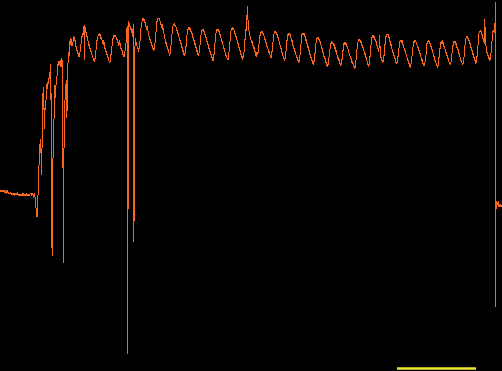Ocular perfusion pressure and glaucoma: clinical trial and epidemiologic findings
Though it was written back in March 2009, I found this comprehensive article on ocular perfusion pressure and the correlation between blood pressure and IOP helpful in clearing up my confusion on the subject:
For those who are unclear on it, as I was, here's the formula for calculating Ocular Perfusion Pressure:


